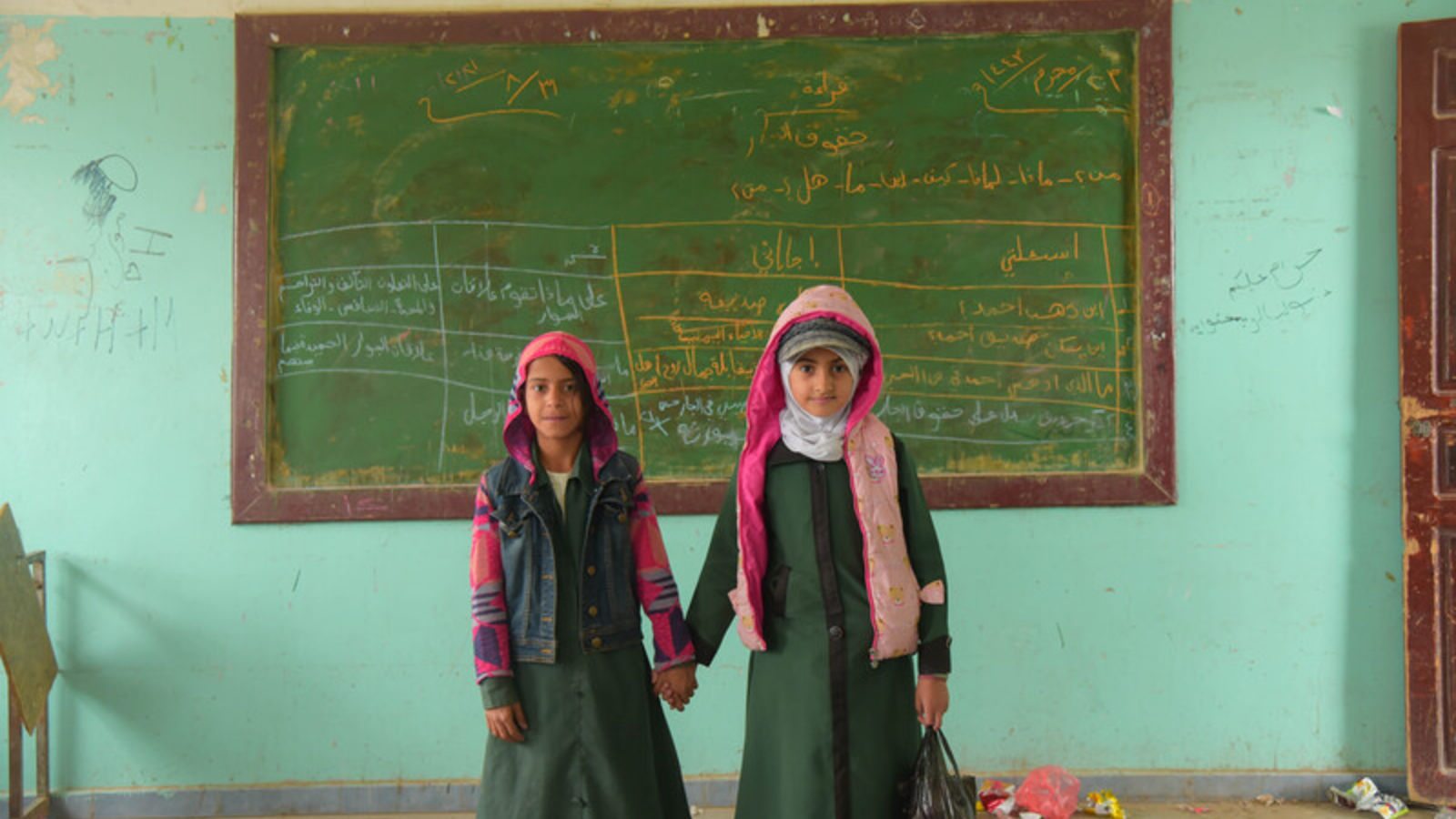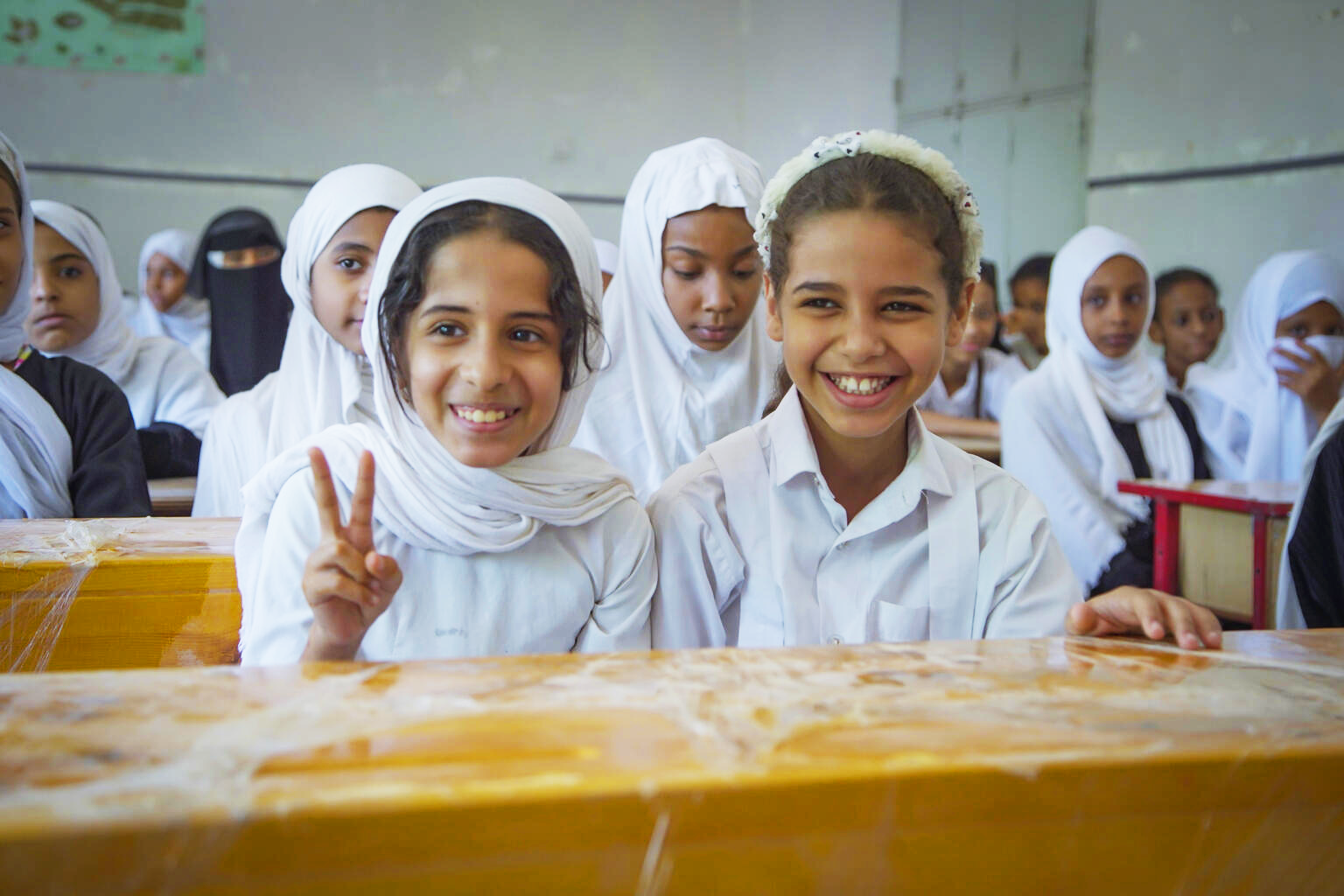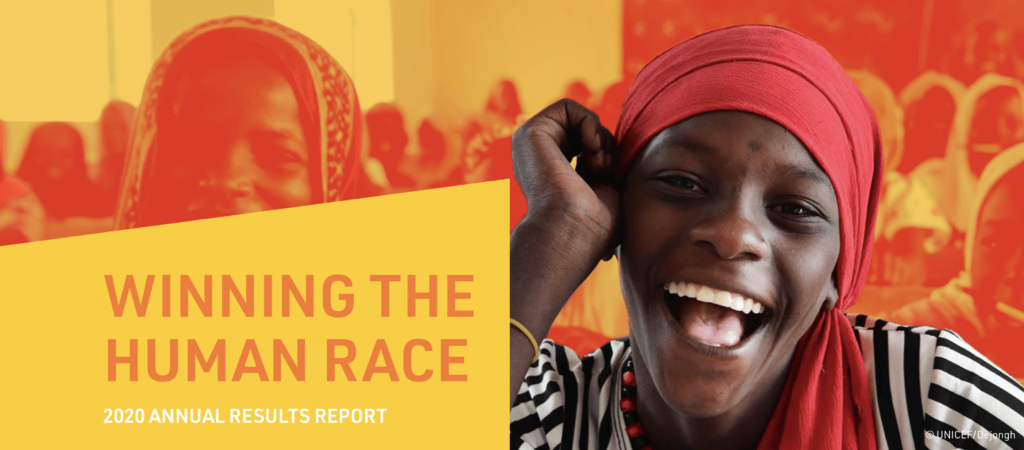ECW in Yemen
The armed conflict in Yemen has displaced and disrupted the lives of millions of people, destroying livelihoods and critical public systems. Children are paying a heavy price. Education has been under attack, with airstrikes, mortar fire and heavy shelling destroying or damaging schools. Some schools are occupied by armed groups or displaced families, rendering them unusable. Schools that remain open, lack adequate infrastructures and resources to provide quality education and address children’s needs. Since 2017, Education Cannot Wait (ECW) partners have improved learning environments; supported educators; and promoted gender equity, community mobilization, mental health and psychosocial support services.
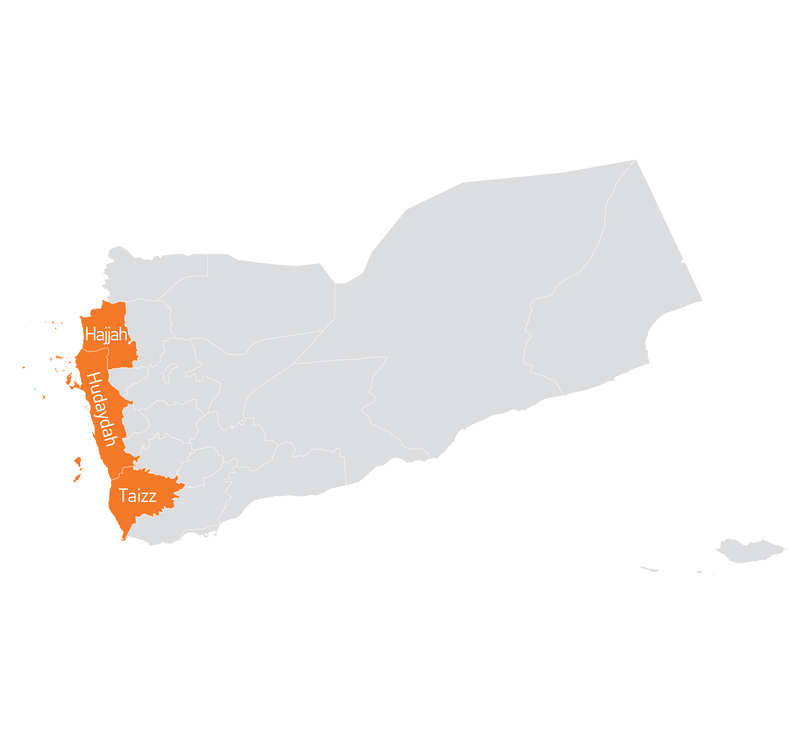
Investments
Financial Information
National Counterparts
Ministry of Education
Results
Additional Results
- Average attendance rate for children and adolescents in ECW-supported learning spaces (formal or non-formal equivalent): 89 per cent
COVID-19 Results
Programme Info
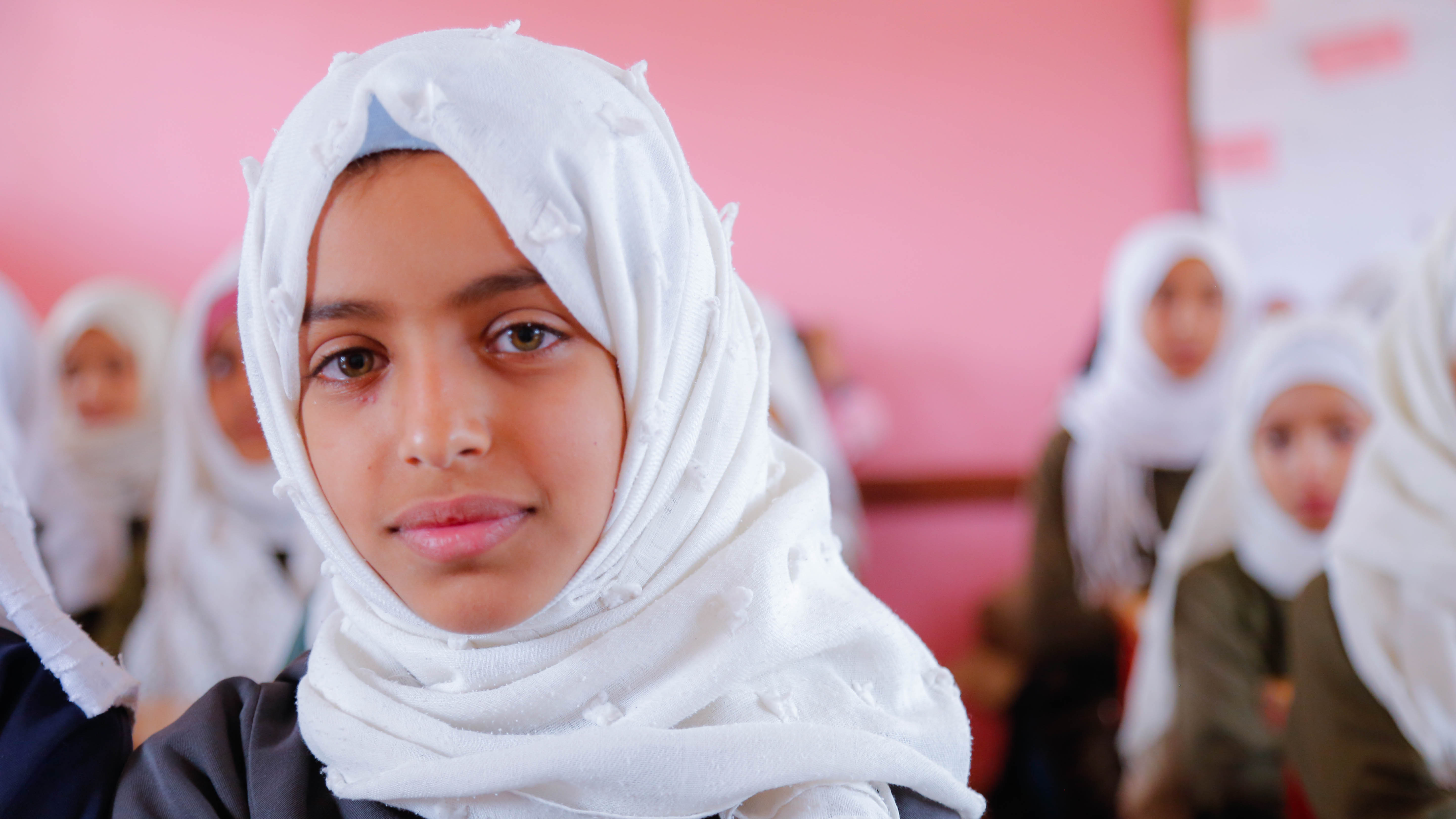
Years of armed conflict have devastated the nation’s educational infrastructure. Many school buildings were destroyed or damaged by airstrikes, mortar fire and heavy shelling, or are occupied by armed groups or displaced families. The occupation of schools for non-educational purposes has led to further deterioration of school infrastructure, particularly impacting water and sanitation facilities and furniture. Without teacher incentives and without financial and material support, children and adolescents have been left with limited opportunities to continue their education.
The COVID-19 pandemic added a new layer of complexity to the crisis for the millions of girls and boys in Yemen. In March 2020, after several cases of infection were reported, schools closed early, in the middle of the academic year, and remained closed for six months. Even with the reopening, many children have not returned to the classroom, further deepening the crisis.
Through an Initial Investment from 2017 to 2019 and subsequent First Emergency Responses (FERs), ECW programming works with communities to empower female students to attend school; mobilize additional support; increase incentives for teachers; construct new schools; and provide psychosocial support training to better address the needs of students.
Programme Components
- Improving gender equity in education. The programme recruits volunteer female teachers to encourage more girls to enrol in school, providing professional experience to female teachers. Provision of gender-segregated latrines in schools gives students privacy and protection. These efforts have increased enrolment among girls and boys in impacted communities.
- Mobilizing community support. Members of parent teacher associations are trained to increase their participation in school activities. Members mobilize students through back-to-school campaigns and collect feedback on project interventions.
- Recruiting teachers and providing financial support. Grantees recruit volunteer teachers to support the teaching and learning outcomes in target schools. Volunteer teachers receive monthly incentives in the form of cash transfers.
- Rehabilitating and constructing learning spaces. Schools in programme locations are reconstructed and rehabilitated to make them safe for teaching and learning. Temporary learning spaces are built or rehabilitated, resulting in new classrooms, permanent and temporary becoming available.
- Increasing psychosocial support. Teachers are trained on several psychosocial support topics, as well as teaching methodology. Those trained in psychosocial support gain the knowledge and skills to identify students who may require an intervention and make referrals where necessary.
For more information on ECW's work in Yemen, please contact Nasser Faqih (nfaqih@unicef.org).

